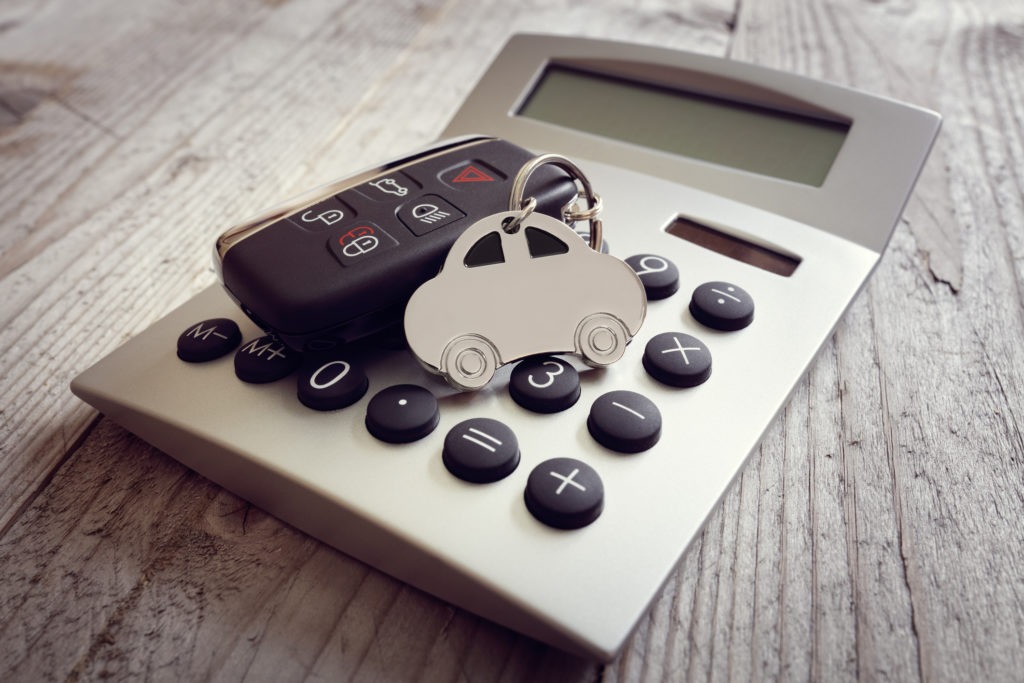UK freeze on motor finance and tax relief for furloughed workers
27 April 2020

27 April 2020
The UK’s Financial Conduct Authority (FCA) has introduced measures to support consumer-credit customers facing payment difficulties due to coronavirus (COVID-19). A three-month payment freeze is being introduced for motor-finance, buy-now-pay-later (BNPL), rent-to-own (RTO) and pawnbroking agreements.
The FCA said that if a BNPL customer is within a promotional period, this must be extended by three months. RTO companies too must not repossess goods if a customer still needs them during the guidance period. If social distancing means pawnbrokers and RTO firms are unable to take payment, collect or repossess goods, they should not pass on any additional fees.
′We have worked at pace to introduce temporary financial relief tailored for a range of specific credit products,’ said Christopher Woolard, interim FCA chief executive. ′Many firms are already working with their customers, but these measures ensure all consumers affected by the coronavirus emergency can apply for a temporary freeze on their payments.’
Motor finance measures
The FCA has confirmed customers experiencing difficulty meeting finance or leasing payments due to COVID-19 can receive a three-month payment freeze. Likewise, if they are experiencing payment difficulties and need to use the vehicle, the FCA said firms should not take steps to end the agreement or repossess the vehicle.
Personal-contract purchase (PCP) or personal-contract hire (PCH) agreements should not be altered in a way that is ′unfair’. One example the FCA gave was that companies should not try to recalculate PCP balloon payments based on a temporary depreciation of car prices due to COVID-19 difficulties.
If a customer wants to keep their vehicle at the end of a PCP agreement, but cannot cover the balloon payment because of COVID-19 complications, the FCA expects firms to work with them to find an appropriate solution. Given the increased potential for disparity between balloon payment and the value of the vehicle in the current climate, solutions must not lead to unfair outcomes the FCA said.
If a payment freeze is not in the best interest of the customer, firms should offer an alternative solution. This could include the waiving of interest and charges or rescheduling the term of a loan.
Tax savings for furloughed workers
Furloughed employees under lockdown with an unused company car could return their vehicle to their employer to save money. A company car constitutes a taxable benefit when it is made available to the employee for their private use.
But having spoken to accountants, the Financial Times confirmed it could no longer be considered a taxable benefit in kind if the vehicle was not available for 30 consecutive days or more. The same also applies if the employee is provided with private fuel.
HM Revenue and Customs explained that if employees can hand back the car to their employer then it would no longer be ′available’. Posting back the keys would also count as it may not be possible to hand them back in person under COVID-19 restrictions, making the car inaccessible to the employee. In either scenario, the handover should be fully documented and evidenced.